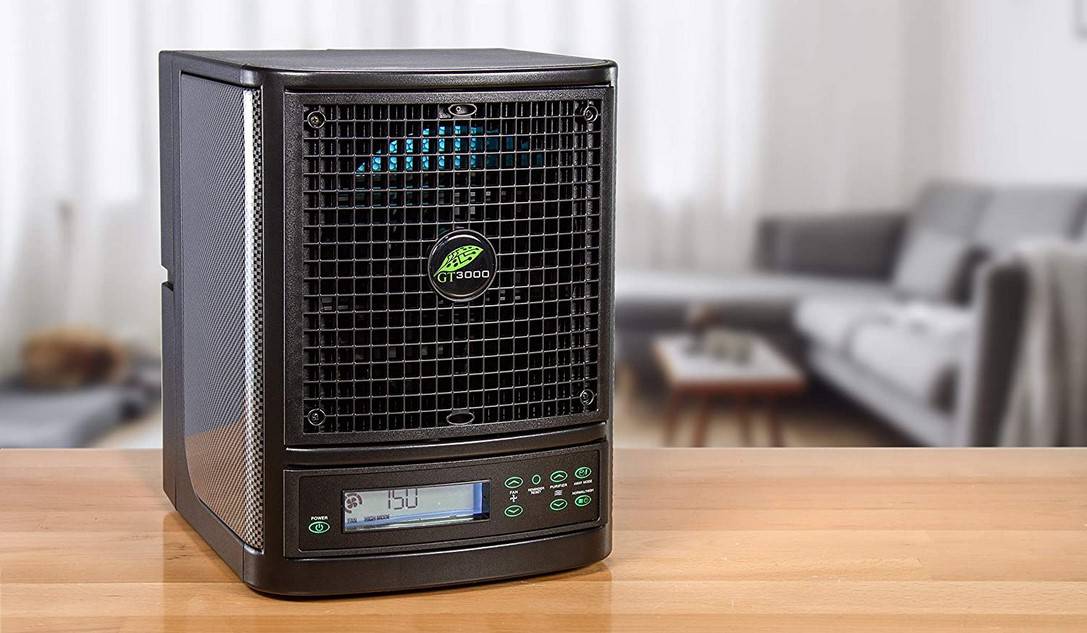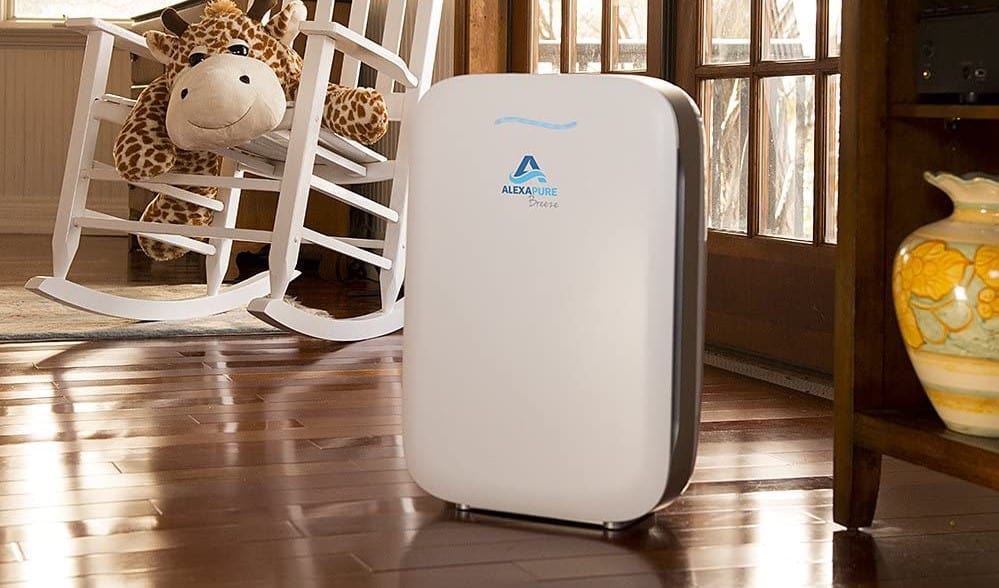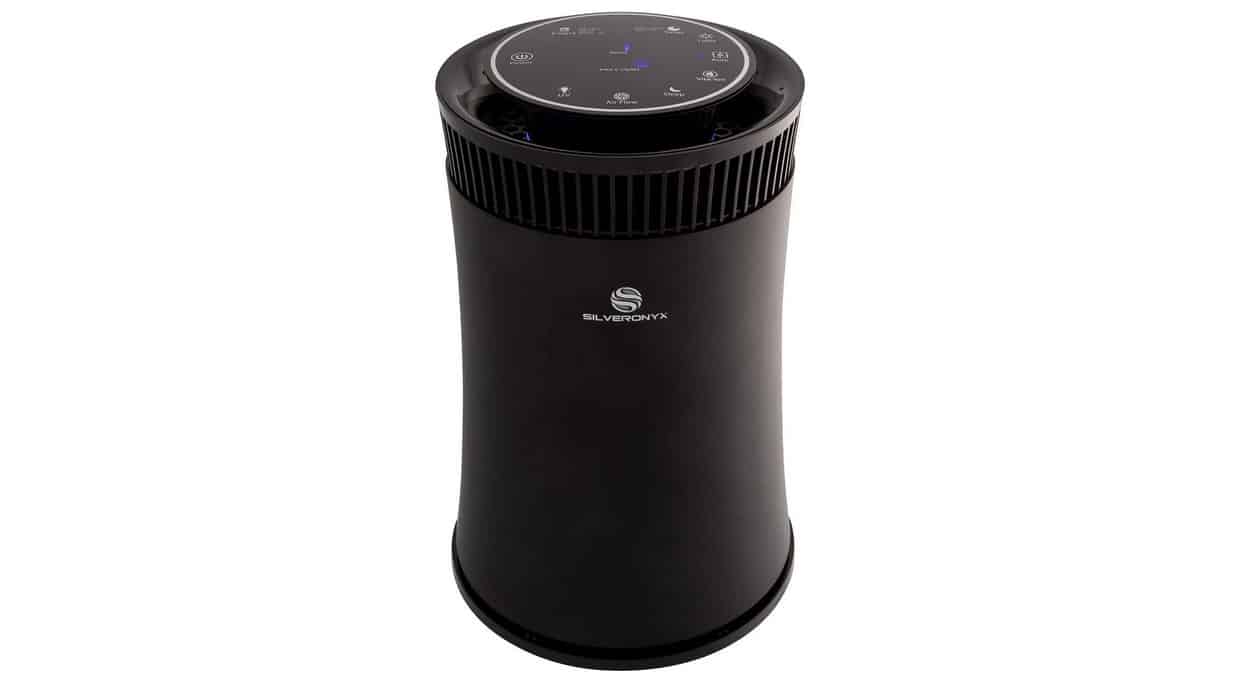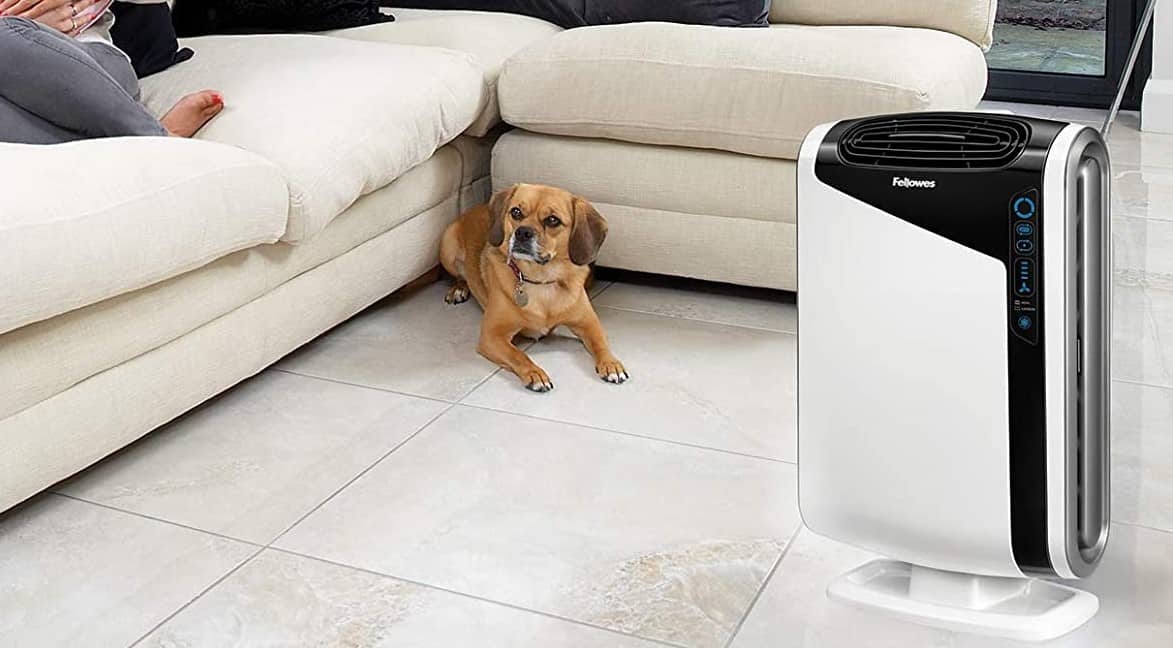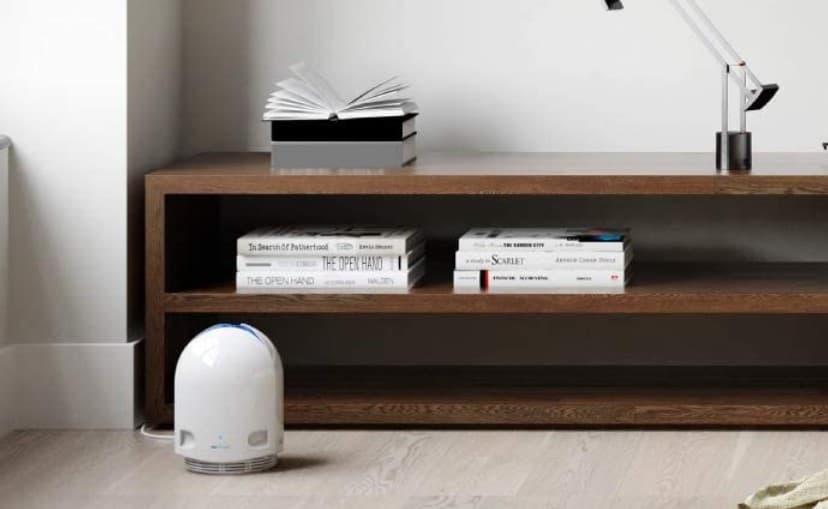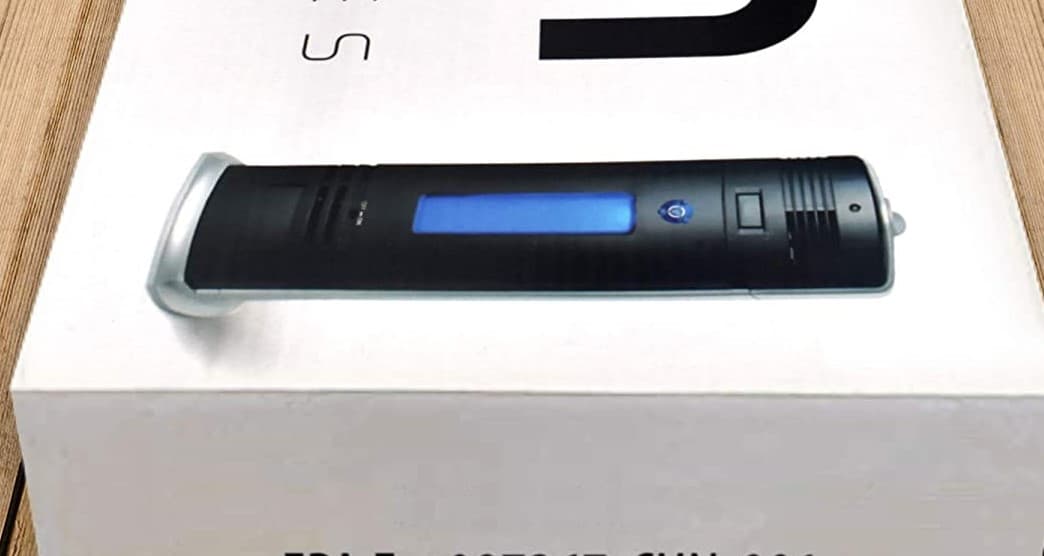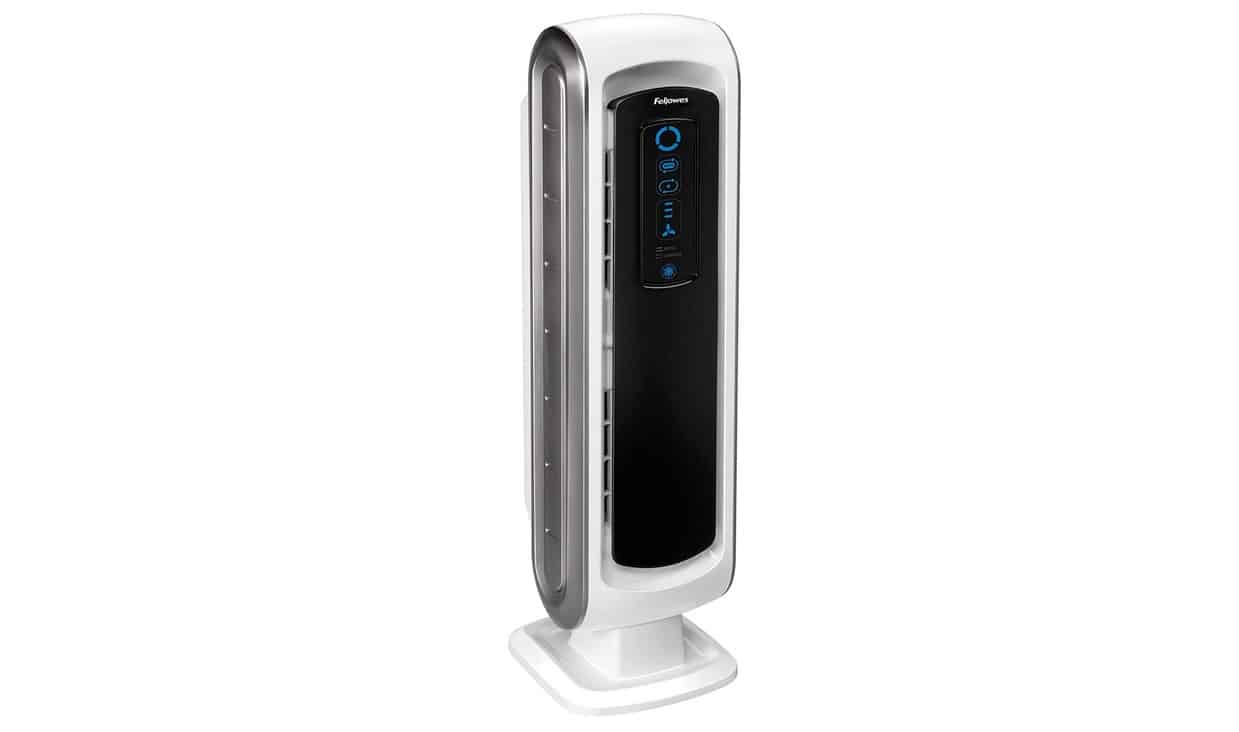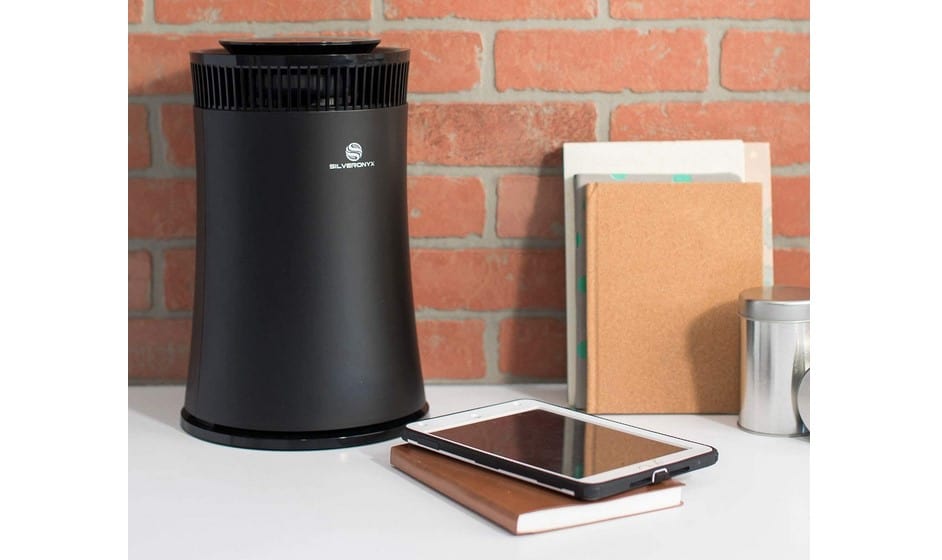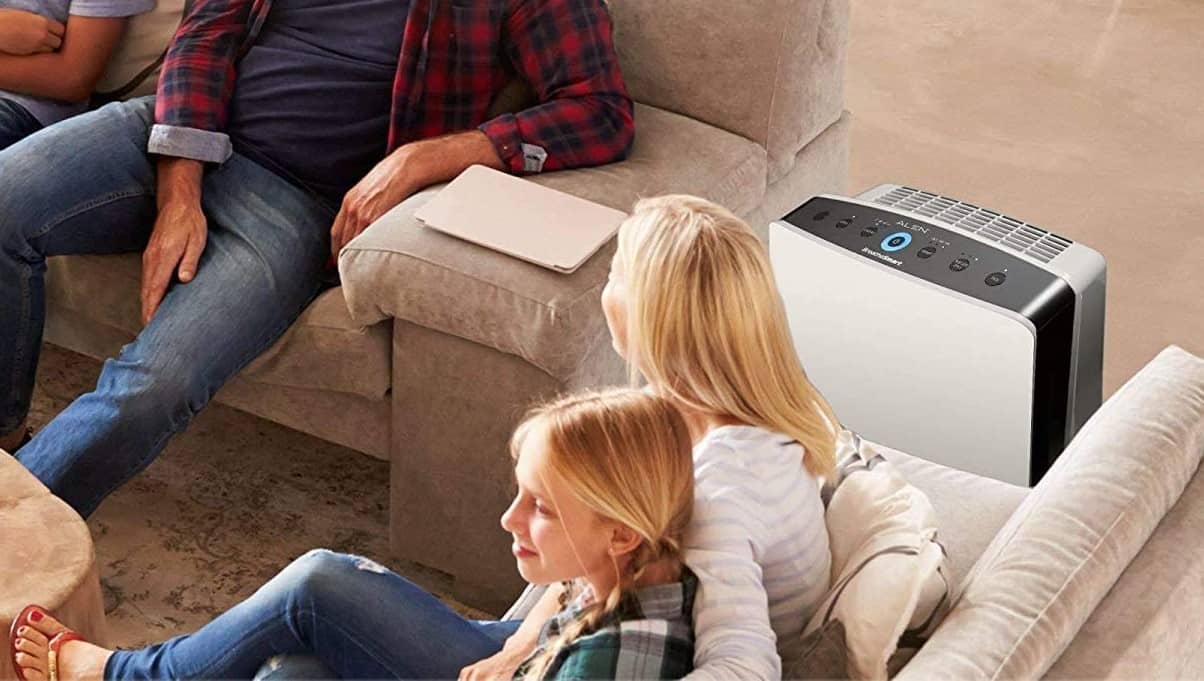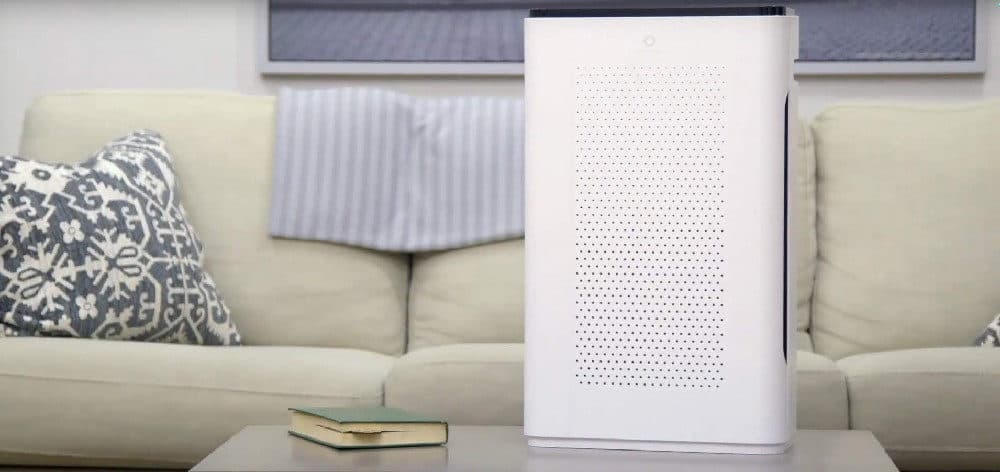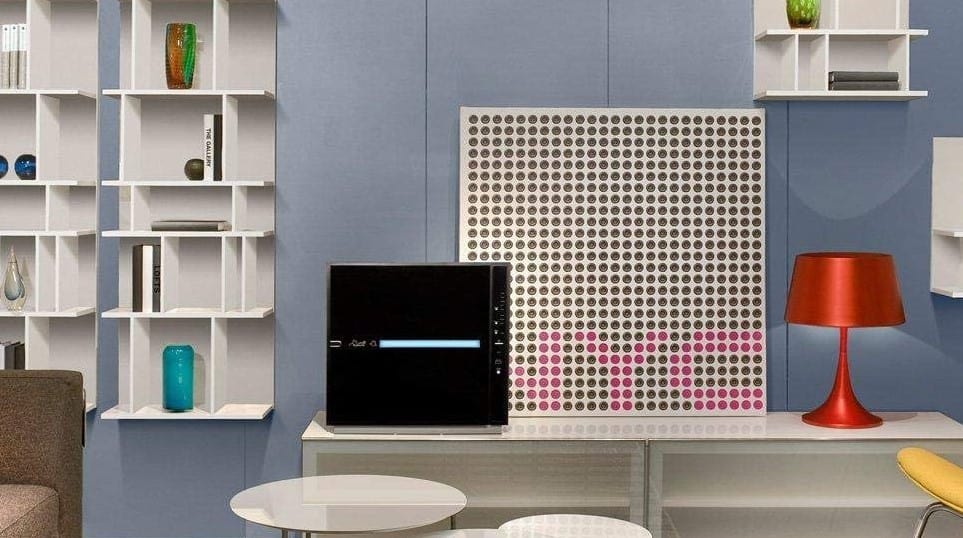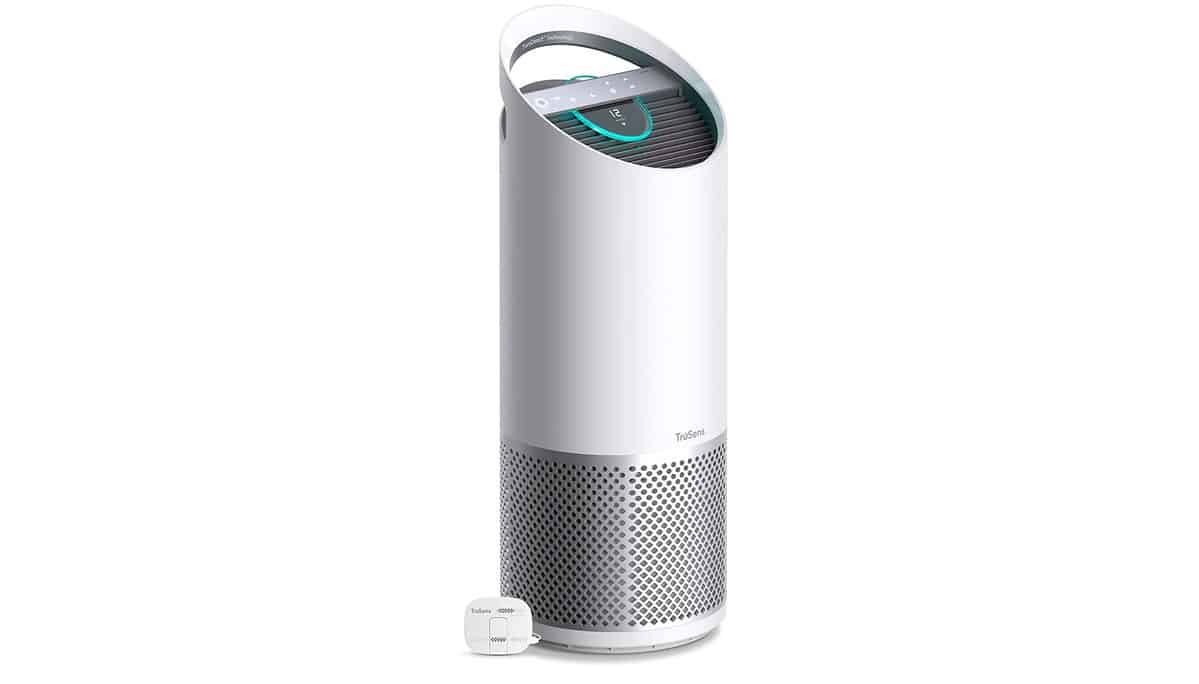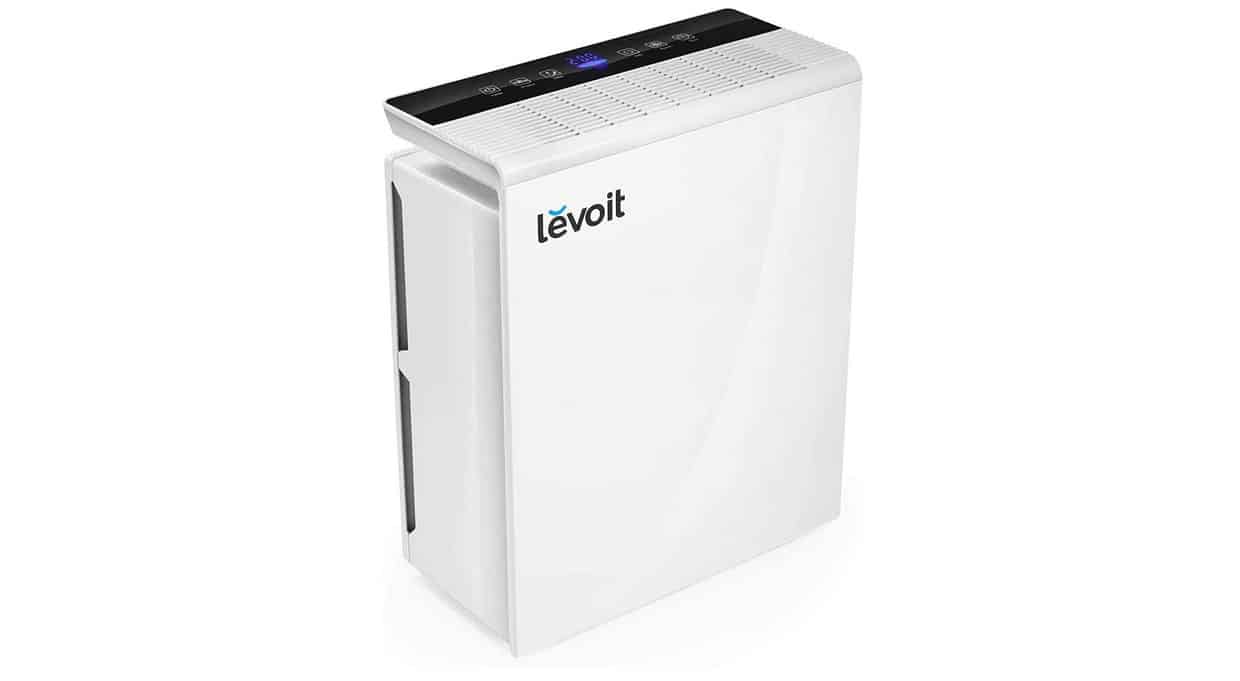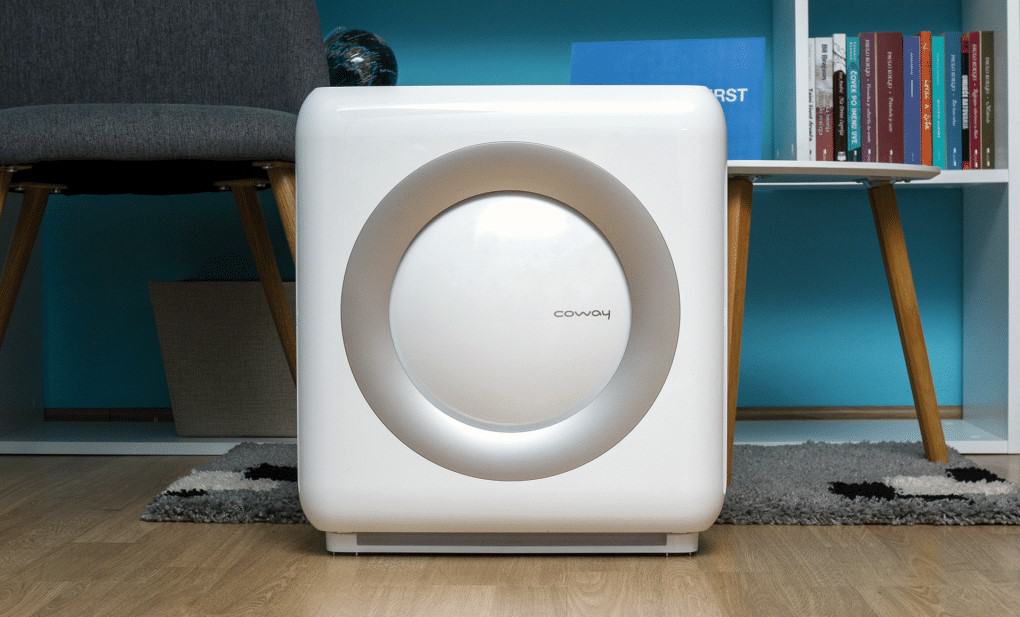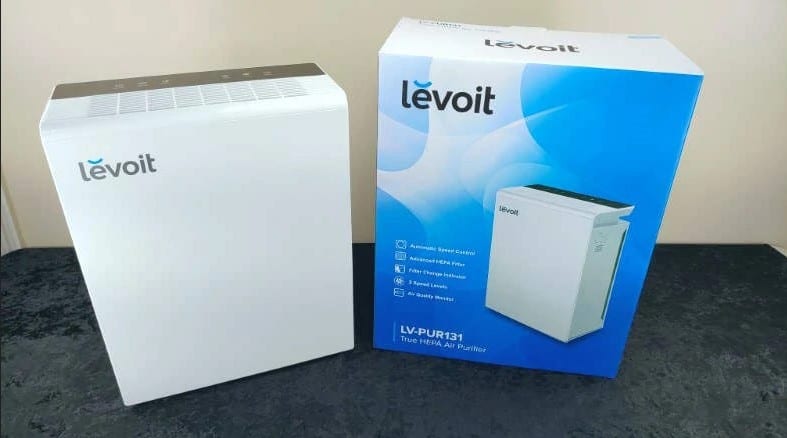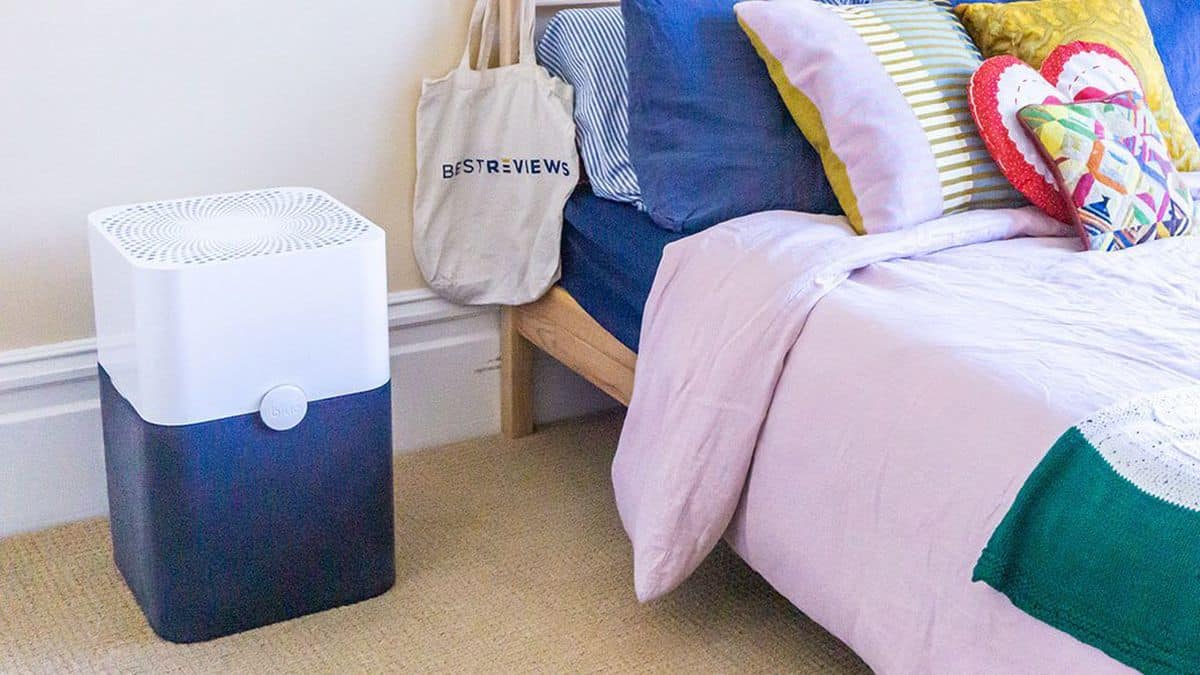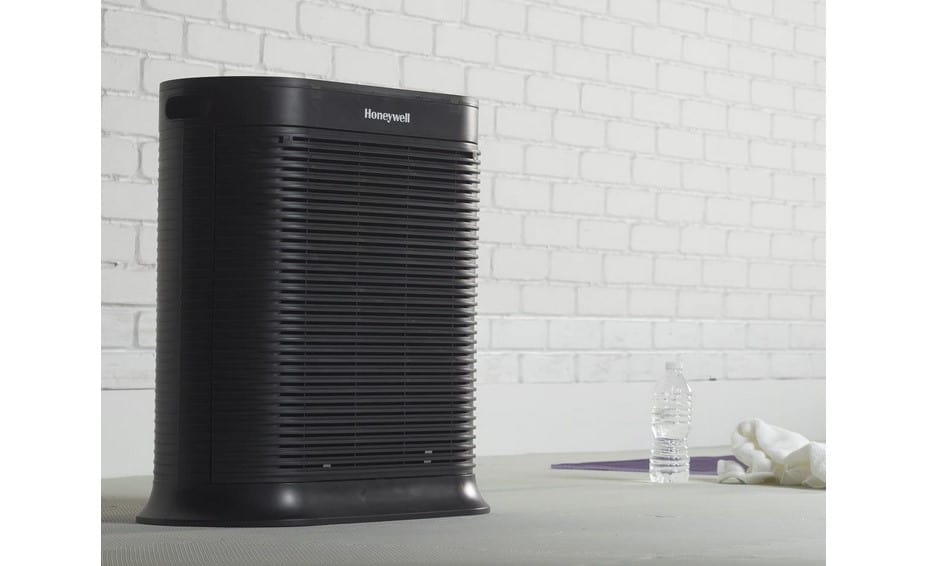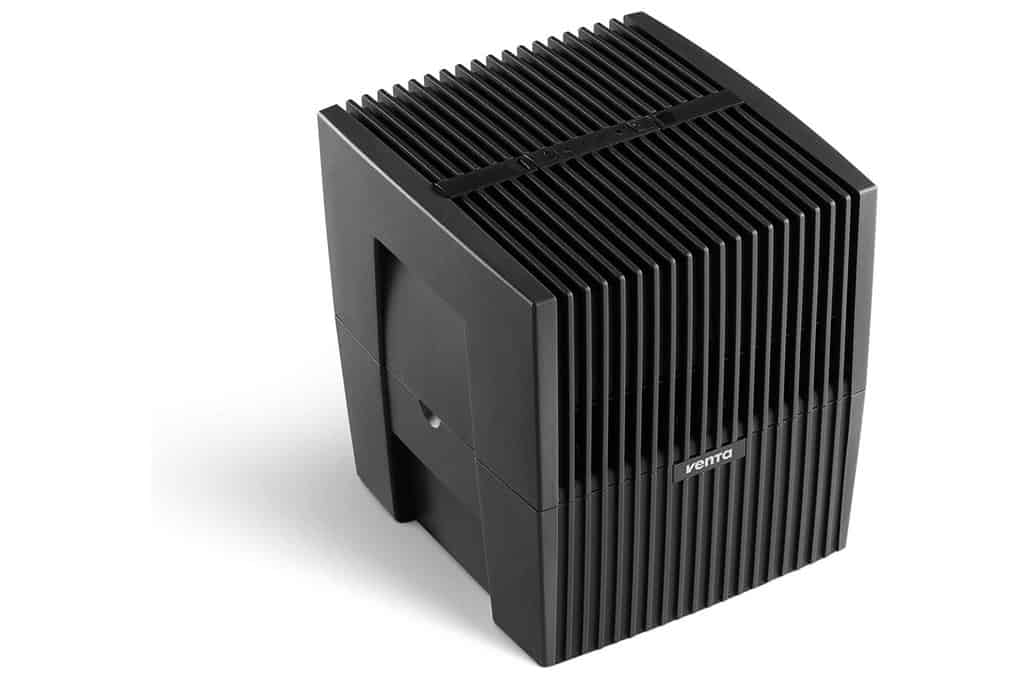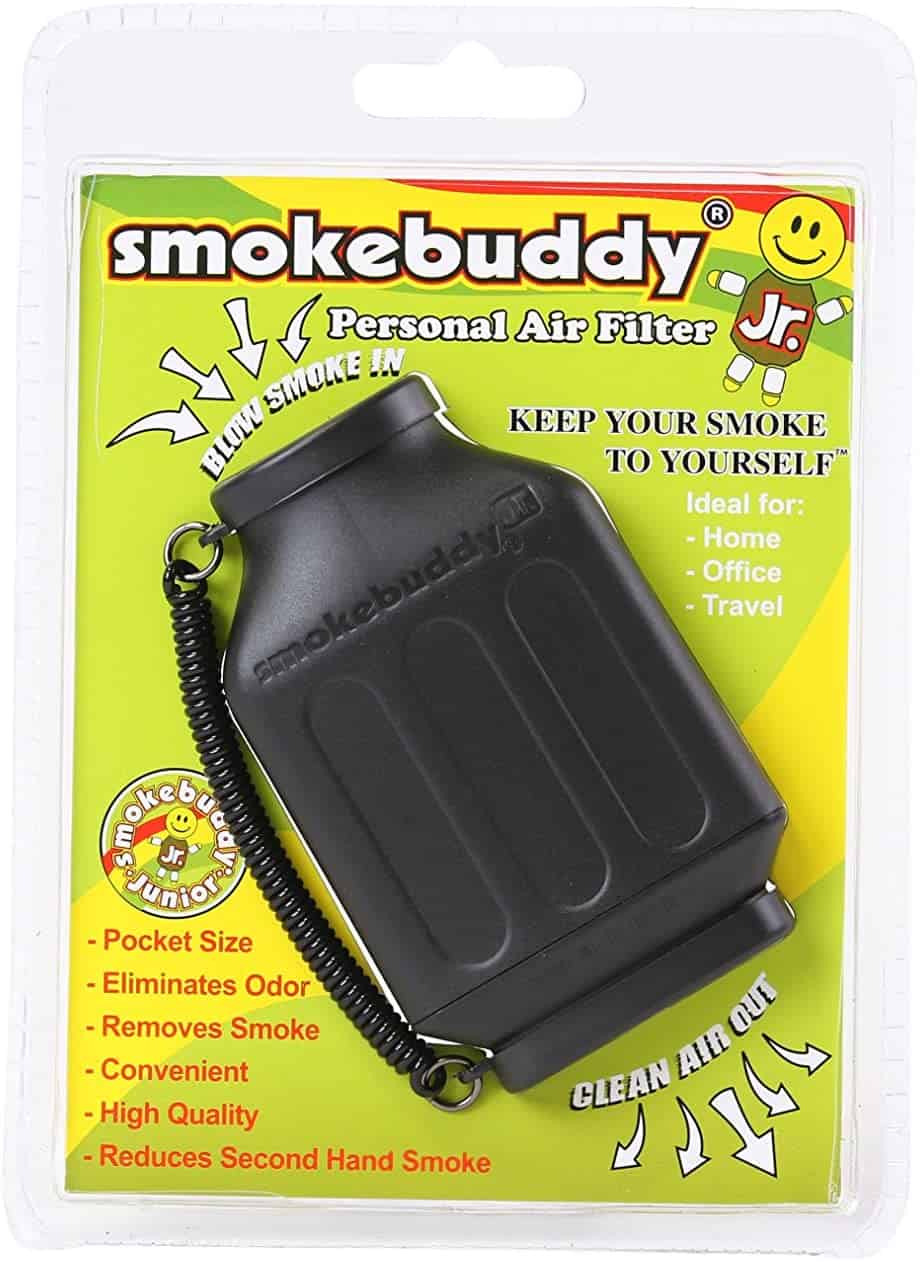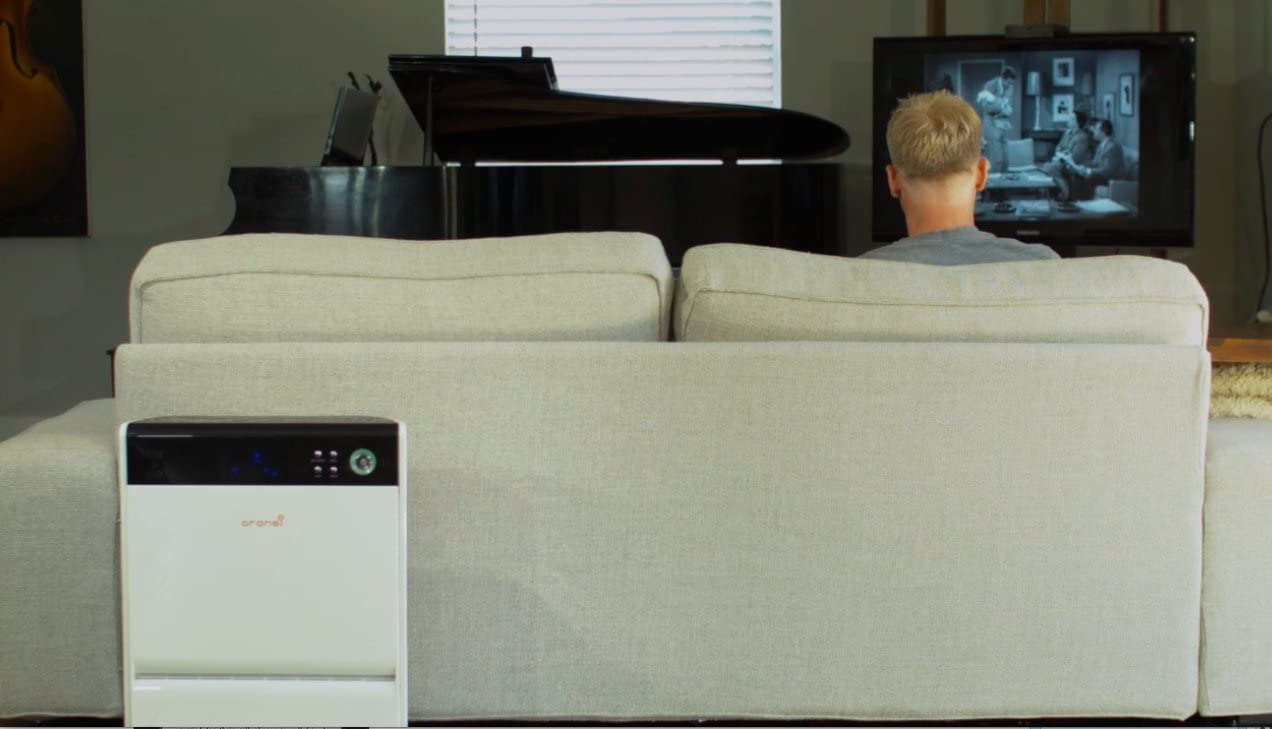Allergy sufferers looking for relief from their allergy symptoms may want to purchase an air purifier. These consumers may consider a HEPA filter vs. allergen filter throughout this process. However, if you are looking for a reduction in asthma or allergy symptoms caused by airborne particles, HEPA may be right for you. Some of the best air purifiers have this feature, so you can easily find what you want.
KEY TAKEAWAYS:
- HEPA-type filters have not received HEPA certification, usually falling short of the requirements.
- A HEPA air purifier improves allergy symptoms, according to a study published in the Journal of Allergy and Clinical Immunology.
- Electrostatic precipitators may help reduce allergy symptoms as well.
HEPA Filter vs. Allergen Filter: Which is Better?
Various types of air filters have been shown to help reduce allergies, including HEPA or activated carbon filters. Some air purifiers use a HEPA-type filter, which is similar to a HEPA filter but does not meet the certification requirements. An air purifier may help to reduce symptoms of allergies to mold spores, pet hair, dust mites, and other common allergens. For a better comparison of filters and air purifiers, including allergy-specific air filters, read our guide on HEPA filters vs air purifiers and plasma air purifiers vs HEPA filters. We don’t need to go into why air purifiers are better than fresh air, it’s just a given.
Insider Tip
HEPA filters work well for airborne allergens, including dust and pet dander.
True HEPA vs. HEPA-like
High-efficiency particulate air (HEPA) filters, a form of mechanical air purifier, trap harmful particles within their fibers and must meet a standard efficiency. These units eliminate 99.97% of microscopic particles 0.3 microns in size. If the filter does not meet these standards, it may be marketed as HEPA-type, HEPA-style, or 99% HEPA. Consumers should remember that filters that do not meet the requirements may not produce as good indoor air quality as a True HEPA filter. MERV ratings measure the effectiveness of the filter, with a MERV of 13 bringing 75% efficiency and a MERV of 16 resulting in 95%.
Effectiveness of HEPA Air Purifiers for Allergies
Many studies have shown that HEPA filters improve allergy and asthma symptoms with the removal of particulate matter. One similar study involved thirty-two patients with perennial rhinitis or asthma that tested positive for dust and dust-mite allergies. During the study, the researchers saw a 70% reduction on average in particulate matter. Additionally, they saw a significant reduction in total and individual symptoms, both observed and patient-stated. Also, Gaseous irritants may require a different type of filter or a filterless air purifier. To better understand the difference between the two, check out this guide: HEPA vs. ionic air purifier.
Activated Carbon Filters for Allergies
Many people with allergies to any gaseous particle may find activated carbon filters useful because, through this filtration method, they remove organic compounds in gas form. When combined with HEPA filters, activated carbon filters may be particularly useful for patients with allergies, since the HEPA filter will remove the particles while the activated carbon filter will help to remove odors associated with perfume or cooking. One study found that using an air purifier with a HEPA and activated carbon filter in children’s bedrooms improved airflow in the asthmatic lung.
Electrostatic Precipitators and Allergies
Electrostatic precipitators use UV-C light to eliminate larger particles with a similar particle size to those for HEPA filters. To do so, the precipitator irradiates the airborne particles as they pass through the initial area of the purifier. Then, the radioactive particles pass under UV-C light, which eliminates them. An electrostatic precipitator unit with a photocatalytic plasma filter improved respiratory allergic symptoms for 24 patients, according to one study.
Warning
An activated carbon filter on its own may not give you the relief you need, but one of these filters combined with a HEPA one may.
F.A.Q.
What’s the difference between HEPA and activated carbon filters?
HEPA filters work well on airborne particulate matter, including allergens. An activated carbon filter may eliminate some particles, but it works particularly well on odors. They are also made of different materials.
What are HEPA air filters good for?
HEPA filters are good for removing airborne particles, including dust mites, mold spores, pet hair or dander, and several other common allergens.
What does a HEPA-type filter mean?
A HEPA-type filter is one that does not meet the certification requirements for HEPA filters, which must catch 99.97% of particles larger than 0.3 microns in size. As a result, these filters may not be as effective as HEPA ones.
STAT: One study has shown a >1% infection probability achieved for Covid when the ventilation rate is above recommended values. (source)

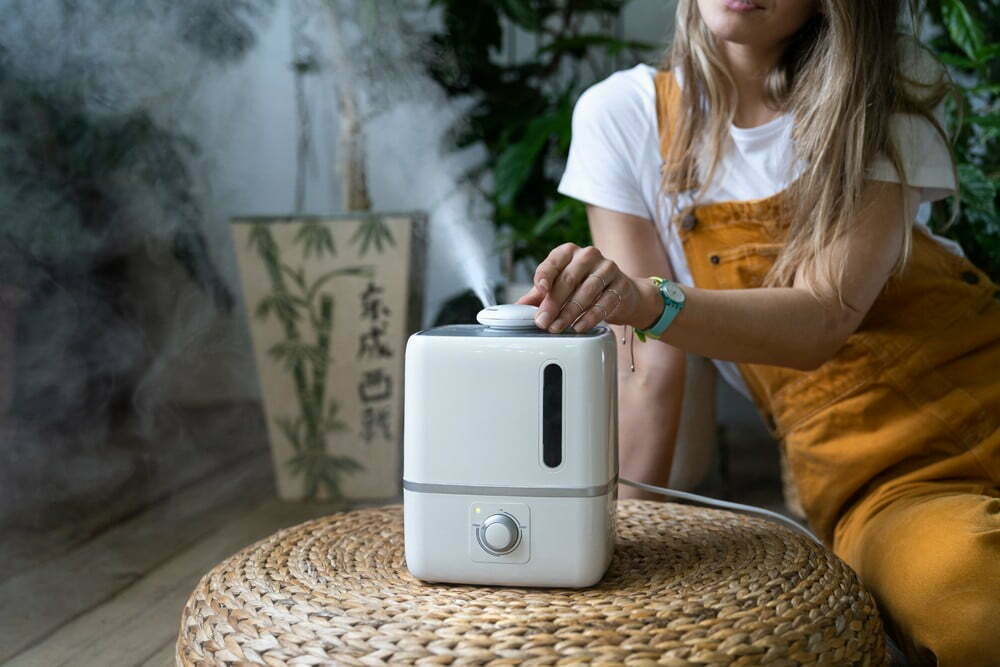













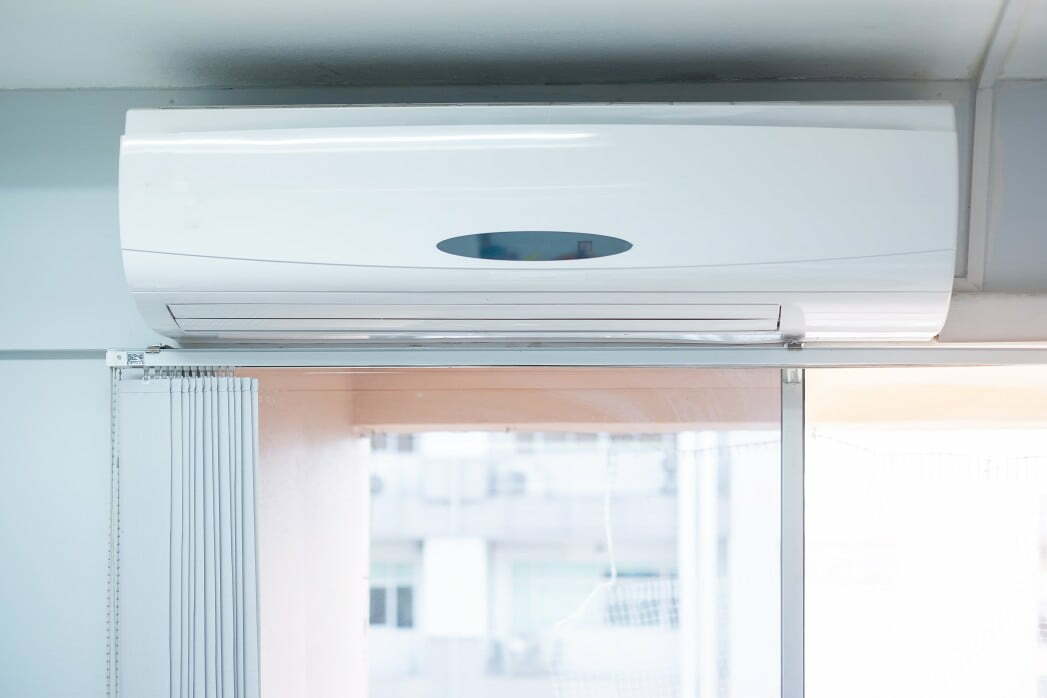

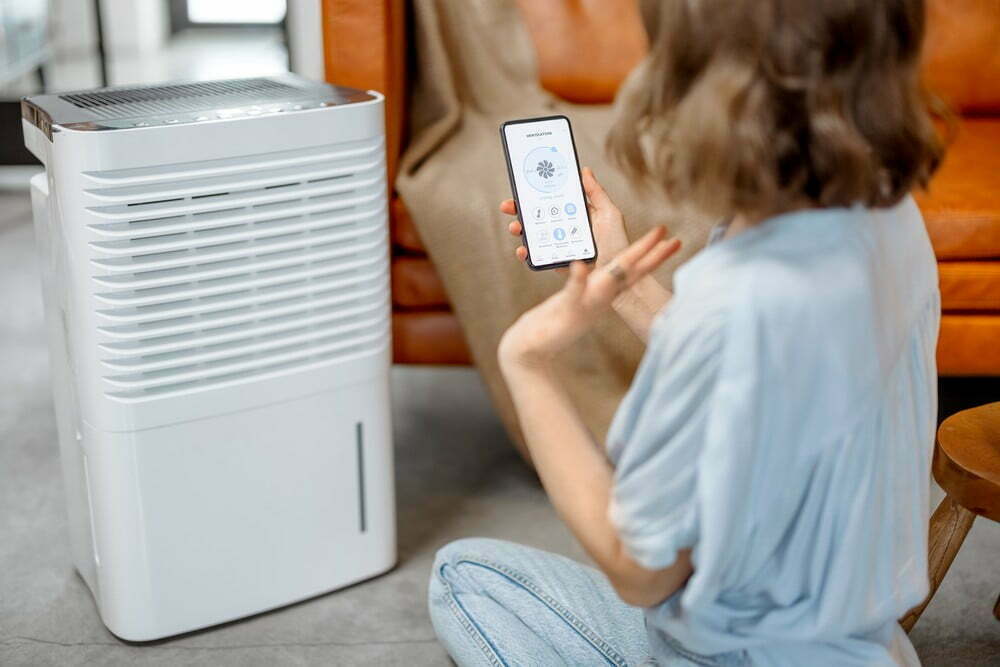
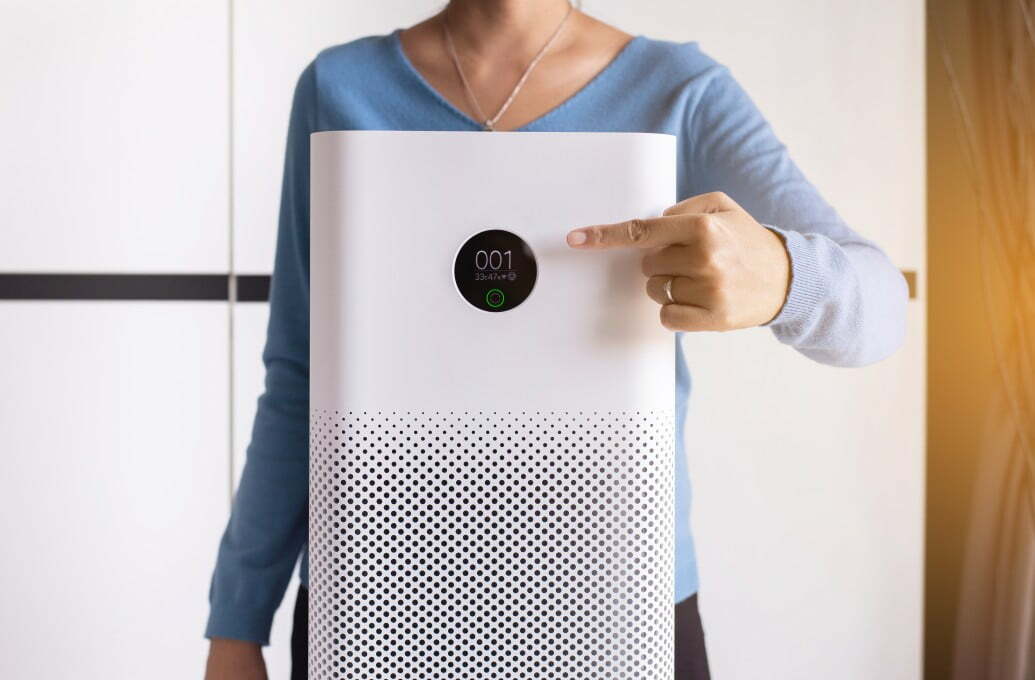


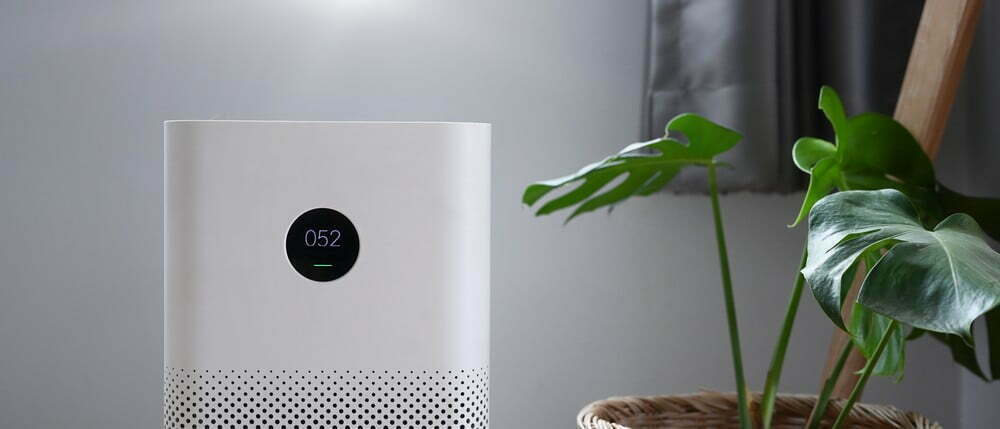
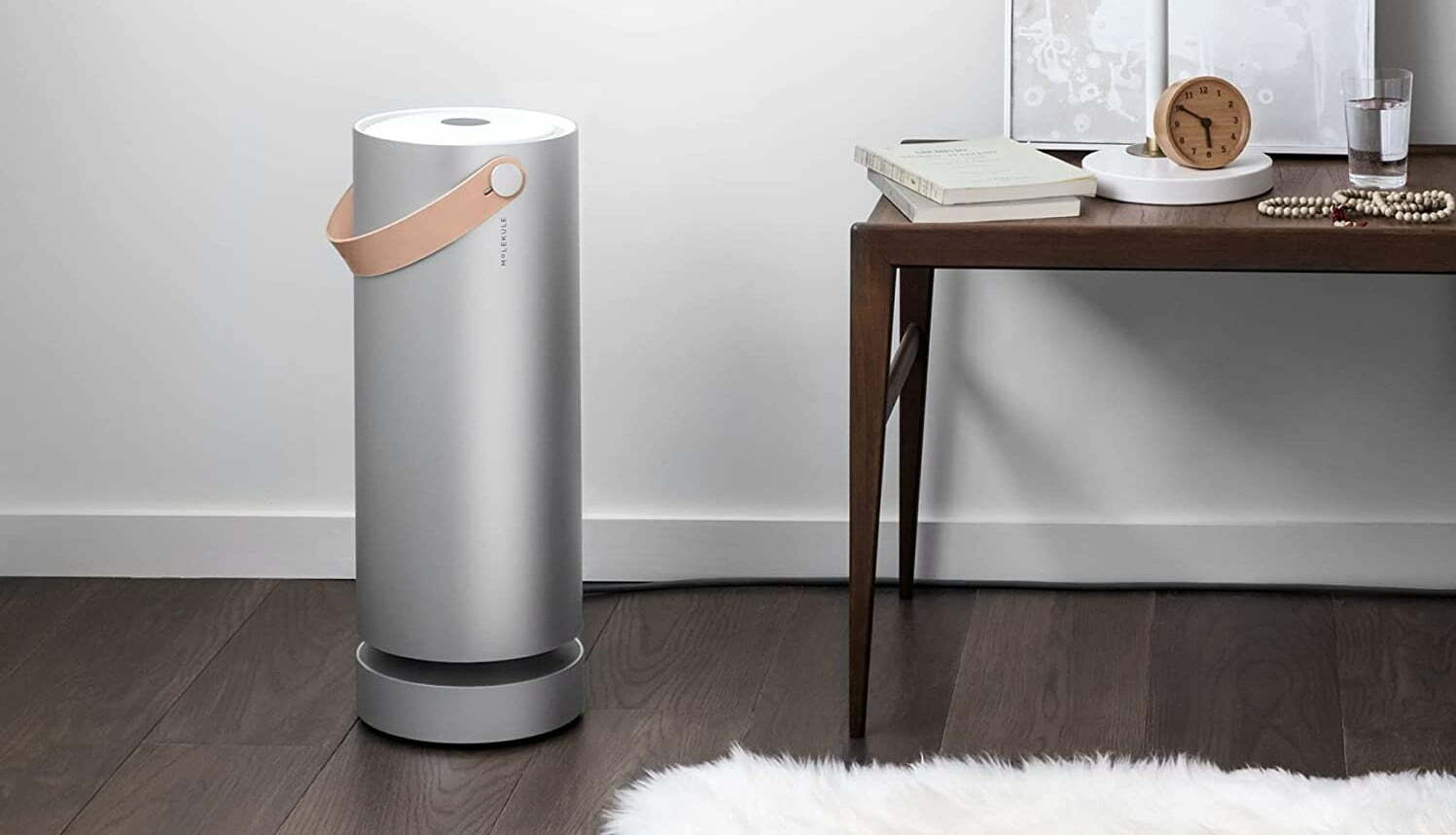
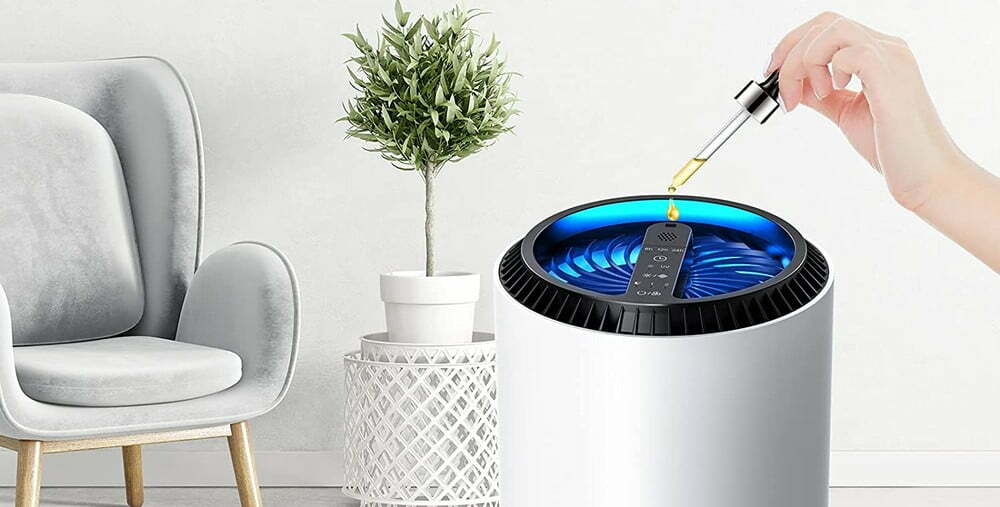
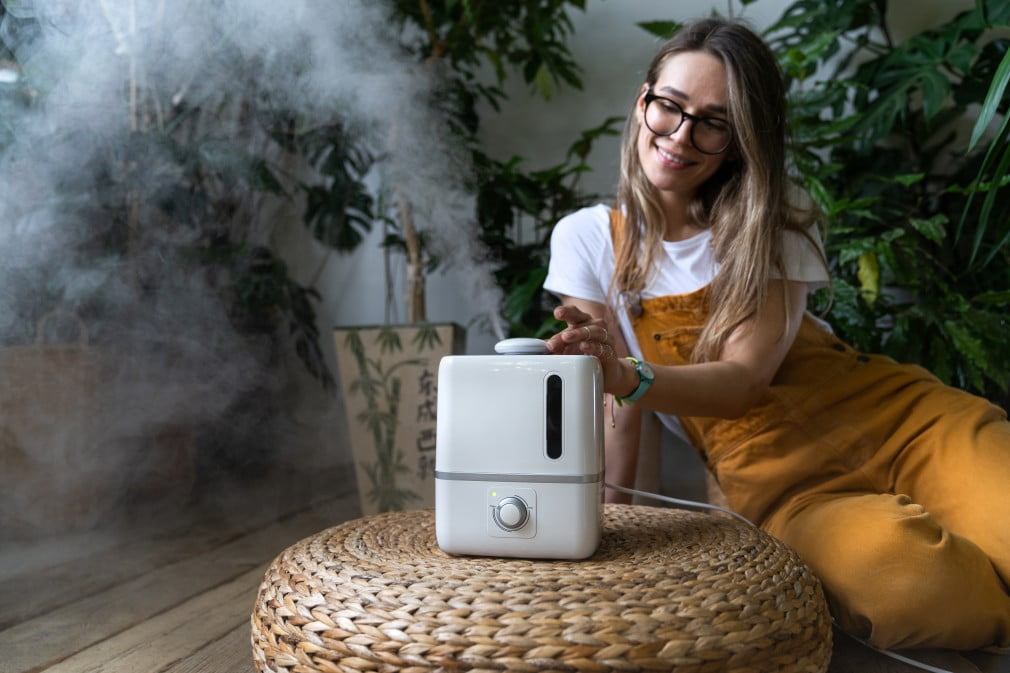
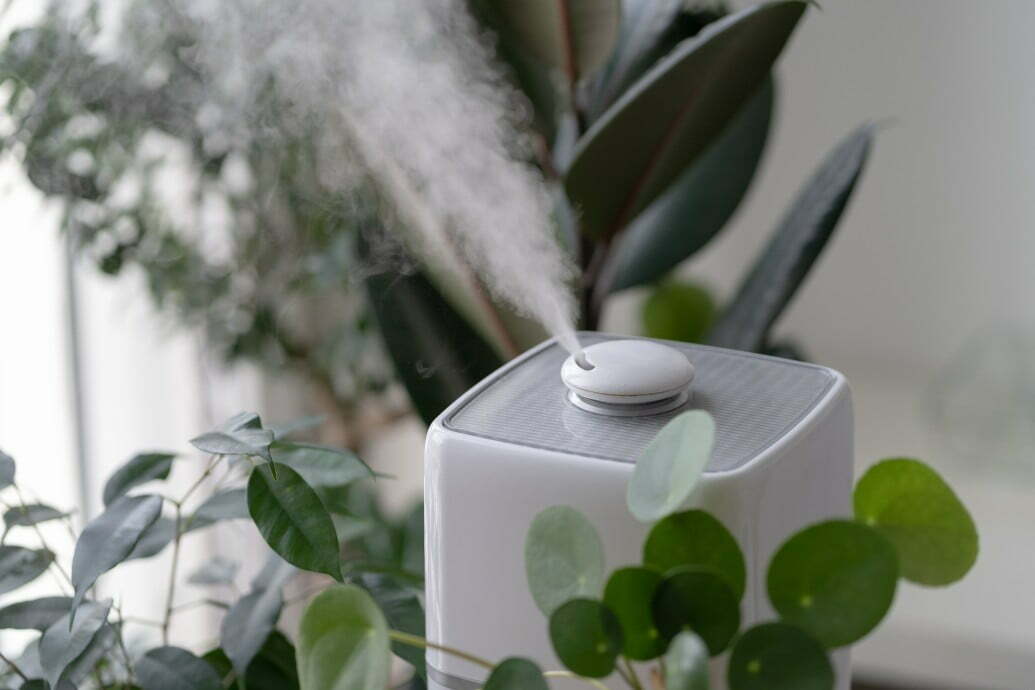
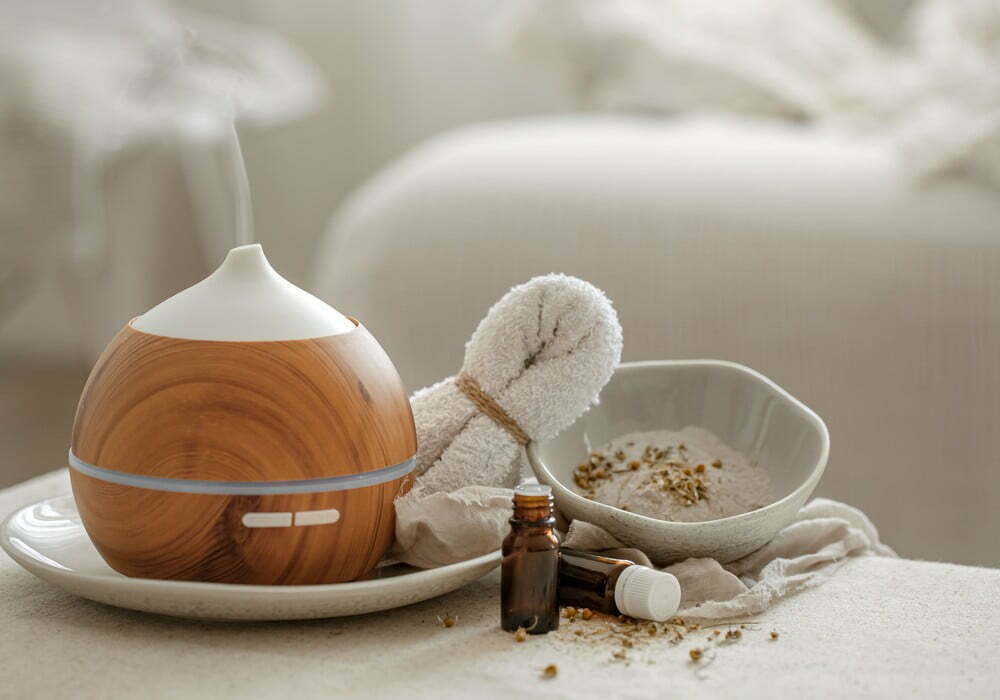
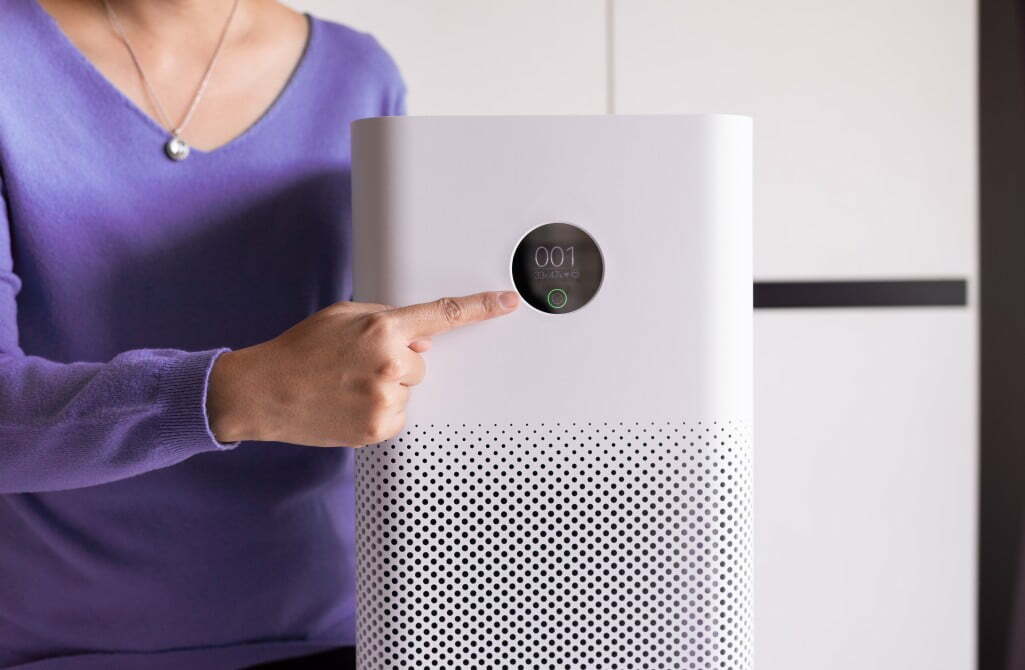
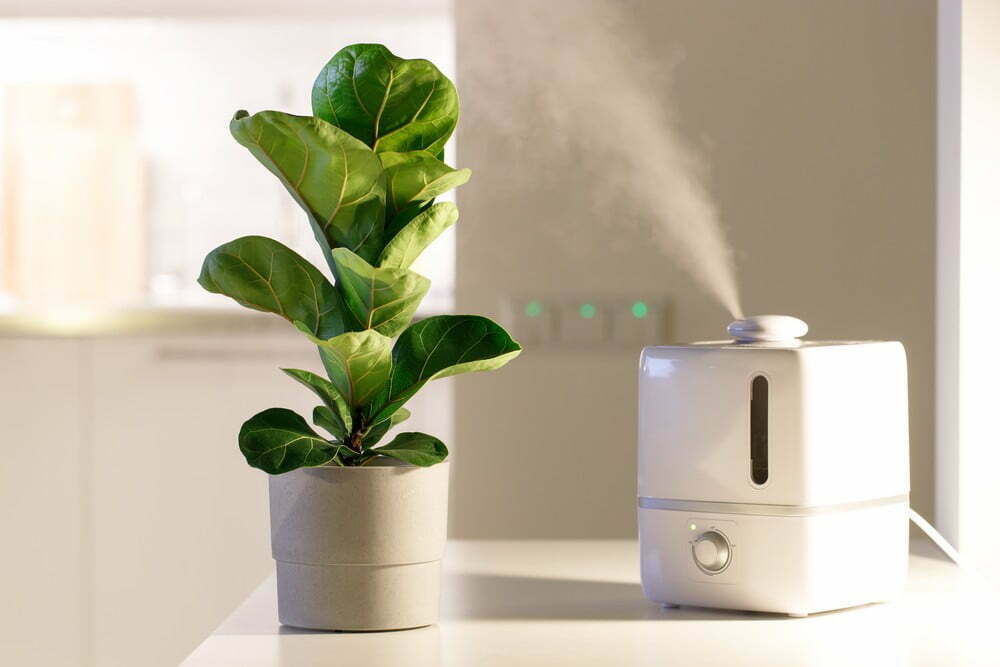

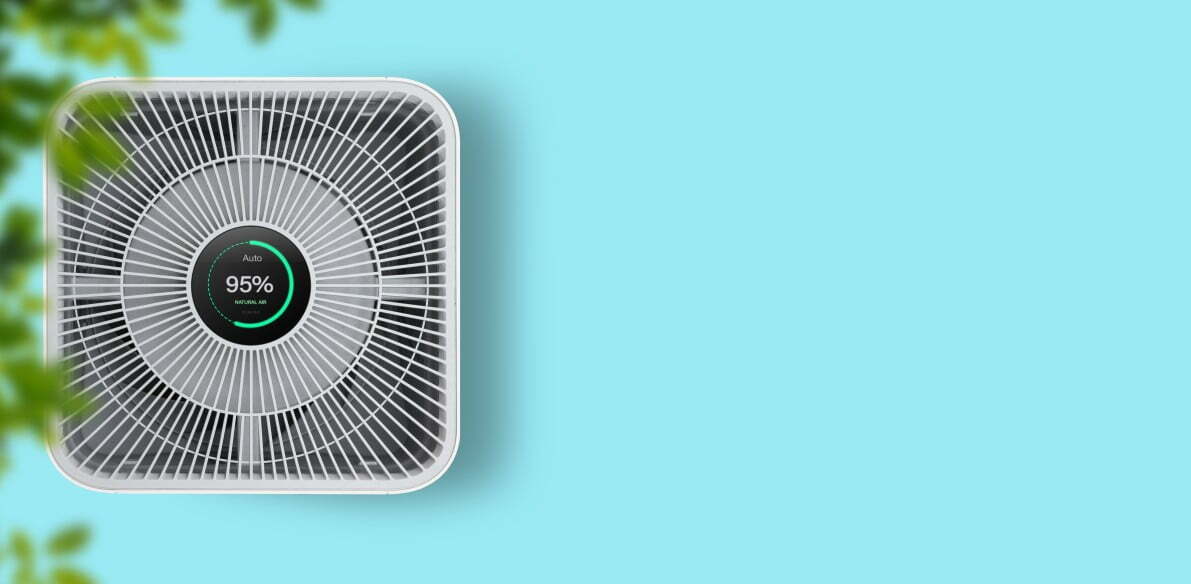
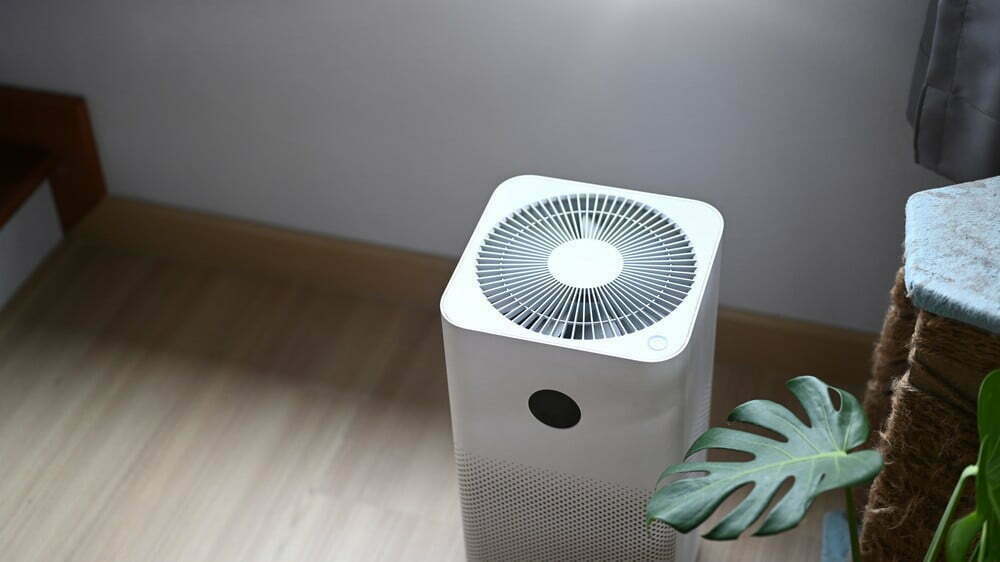
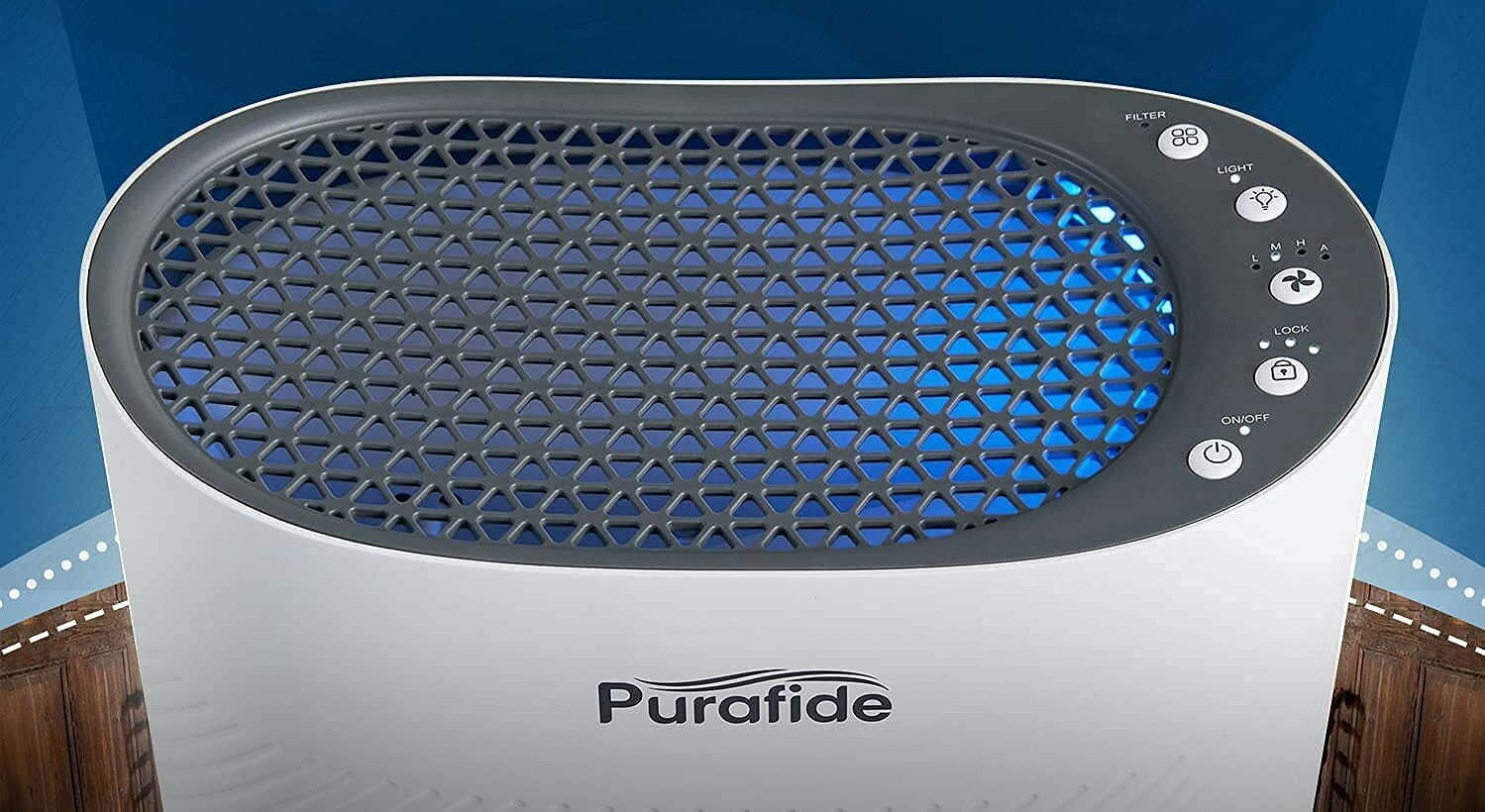
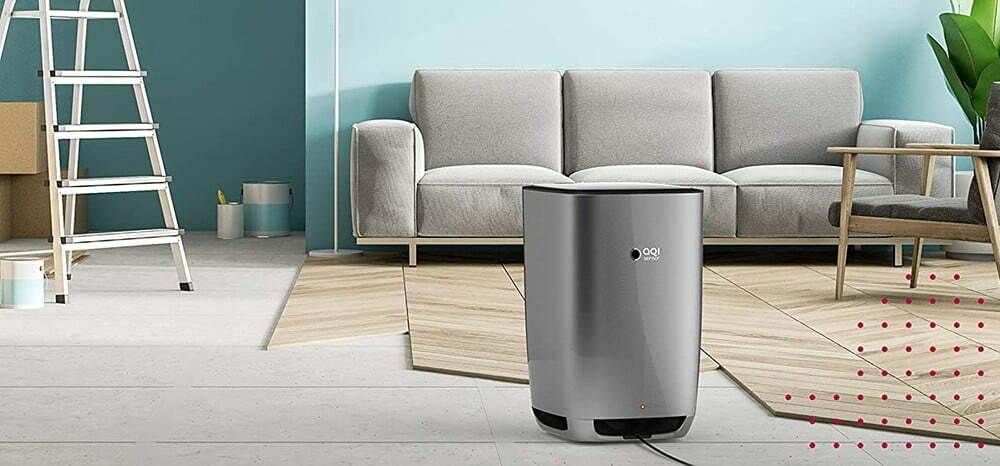
![Best Air Purifiers for VOCs and Formaldehyde in [year] 27 Best Air Purifiers for VOCs and Formaldehyde in 2026](https://www.gadgetreview.dev/wp-content/uploads/best-air-purifier-for-vocs-and-formaldehyde-image.jpg)
![Best Air Purifier in [year] ([month] Reviews) 28 Best Air Purifier in 2026 (January Reviews)](https://www.gadgetreview.dev/wp-content/uploads/Honeywell-True-HEPA-Allergen-Remover-HPA300-e1475603569442.jpg)
![Best Air Purifiers for Dust in [year] 29 Best Air Purifiers for Dust in 2026](https://www.gadgetreview.dev/wp-content/uploads/best-air-purifier-for-dust-image.jpg)
![Best Honeywell Air Purifiers in [year] 30 Best Honeywell Air Purifiers in 2026](https://www.gadgetreview.dev/wp-content/uploads/best-honeywell-air-purifier-image.jpg)
![Best Germicidal Air Purifiers in [year] 31 Best Germicidal Air Purifiers in 2026](https://www.gadgetreview.dev/wp-content/uploads/best-germicidal-air-purifier-image.jpg)
![Best Filterless Air Purifiers in [year] 32 Best Filterless Air Purifiers in 2026](https://www.gadgetreview.dev/wp-content/uploads/best-filterless-air-purifier-image.jpg)
![Best Levoit Air Purifiers in [year] 33 Best Levoit Air Purifiers in 2026](https://www.gadgetreview.dev/wp-content/uploads/best-levoit-air-purifier-image.jpg)
![Best Air Purifiers for Smoking Weed in [year] 34 Best Air Purifiers for Smoking Weed in 2026](https://www.gadgetreview.dev/wp-content/uploads/best-air-purifier-for-smoking-weed-image.jpg)
![Best Quiet Air Purifiers in [year] 35 Best Quiet Air Purifiers in 2026](https://www.gadgetreview.dev/wp-content/uploads/best-quiet-air-purifier-image.jpg)
![Best Desktop Air Purifiers in [year] 36 Best Desktop Air Purifiers in 2026](https://www.gadgetreview.dev/wp-content/uploads/best-desktop-air-purifier.jpg)
![Best Dyson Air Purifiers in [year] 37 Best Dyson Air Purifiers in 2026](https://www.gadgetreview.dev/wp-content/uploads/best-dyson-air-purifier.jpg)
![Best Air Purifiers for Dorm Room in [year] 38 Best Air Purifiers for Dorm Room in 2026](https://www.gadgetreview.dev/wp-content/uploads/air-purifier-for-dorm-room-1.jpg)
![Best Air Purifiers for Office in [year] 39 Best Air Purifiers for Office in 2026](https://www.gadgetreview.dev/wp-content/uploads/best-air-purifier-for-office.jpg)
![Best Air Purifiers for Basement in [year] 40 Best Air Purifiers for Basement in 2026](https://www.gadgetreview.dev/wp-content/uploads/best-air-purifier-for-basement.jpg)
![Best Air Purifiers For Odor in [year] 41 Best Air Purifiers For Odor in 2026](https://www.gadgetreview.dev/wp-content/uploads/best-air-purifier-odor.jpg)
![10 Best Personal Air Purifiers in [year] 42 10 Best Personal Air Purifiers in 2026](https://www.gadgetreview.dev/wp-content/uploads/best-personal-air-purifiers.jpg)
![10 Best Plug In Air Purifiers in [year] 43 10 Best Plug In Air Purifiers in 2026](https://www.gadgetreview.dev/wp-content/uploads/best-plug-in-air-purifier-image.jpg)
![10 Best Whole House Air Purifiers in [year] 44 10 Best Whole House Air Purifiers in 2026](https://www.gadgetreview.dev/wp-content/uploads/best-whole-house-air-purifier-image.jpg)
![10 Best Large Room Air Purifiers in [year] 45 10 Best Large Room Air Purifiers in 2026](https://www.gadgetreview.dev/wp-content/uploads/Coway-Airmega-200M-Large-Room-Air-Purifier-900x900-1.png)
![10 Best UV Air Purifiers in [year] 46 10 Best UV Air Purifiers in 2026](https://www.gadgetreview.dev/wp-content/uploads/best-uv-air-purifier.jpg)
